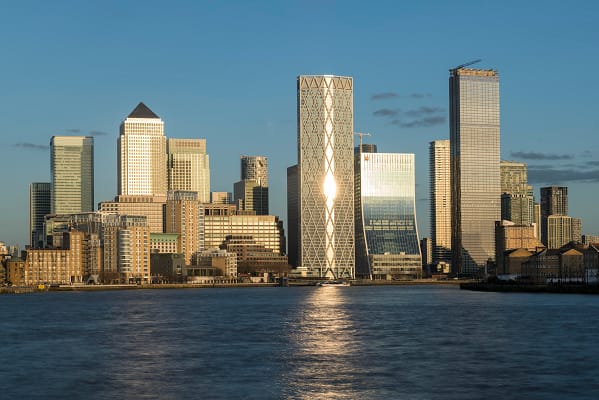Body corporate insurance covers shared property and common areas in a building or community, such as apartment complexes or townhouse developments.
This insurance protects the building structure, and common areas like gardens, lifts, and pools. It also covers damages caused by events like fire, storms, or vandalism. If you are looking for a body corporate insurance quote, it’s important to understand how this insurance works.
In this guide, we will explain everything about the body corporate insurance in detail. Let’s have a look!
How does body corporate insurance work?
When you buy a unit in a building, the body corporate fees cover some of your insurance costs. One important thing, it covers the whole building complex and you also can’t get for single building unit.
What does it not cover?
It doesn’t cover your personal belongings. For this, you need to look for another insurance option. There are several insurance options both for landlords and tenants as well.
What does it cover?
Body Corporate insurance covers the building and all the following shared areas.
- Balconies
- Gardens
- Elevators
- Stairs
- Parking areas
- Pools
- Spas
- Tennis court
The building
According to the BCCM Act, the body corporate is responsible for the shared property, assets, and buildings.
This includes improvements and fixtures (except for carpets), but it does not cover:
- Temporary covers for walls, floors, and ceilings
- Fixtures that a tenant can remove at the end of a lease
- Air-conditioning units that only service one unit
- Curtains, blinds, or other window coverings
- Appliances like dishwashers and dryers that are not permanently installed
Remember, not all insurance companies include coverage for floating floors. That’s why every owner should ask to include insurance for floating floors.
If property register as a format plan
If the property is registered as a Building Format Plan, the body corporate must have insurance that covers the full cost of replacing each building that has a unit.
Standard format plan
Low-rise developments, like townhouse complexes with buildings on each lot and a backyard, are registered under a standard format plan.
The body corporate is responsible for insuring any building that shares a wall with another building. It covers the full replacement cost.
If the building is free-standing and does not share a wall with another, the lot owner is responsible for insuring it.
If the body corporate arranges building insurance, all owners will pay their share of the insurance costs according to their interest in the property.
In your lot — Body corporate building insurance
In your lot, the body corporate building insurance covers:
- Internal walls, ceilings, cornices, and skirting boards
- Toilets, baths, basins, and shower screens
- Sinks
- Cooktops and ovens
- Ducted air conditioners (but not mobile or fixed air conditioners for a specific lot)
- Fixed bench tops
- Built-in cupboards
- Windows and doors
- Fixed tiles
Building damage
In case of building damage, valuation should be done at least every five years. Plus, it must show the full replacement value of the building.
It will cover the following:
- Earthquake
- Explosion
- Fire
- Lighting
- Stroms
- Storm
- Water Damage
- Broken Glass
- Damage from vandalism & riots
Advantages and responsibilities of body corporate insurance
1. Look after common areas
Every shared property such as gardens, pools, hallways, and elevators comes under the common property definition. Because everyone can use these areas and doesn’t need permission to some extent.
If anything gets damaged in common areas, body corporate insurance will provide proper coverage. It will be responsible for keeping these areas clean, safe, and in good condition. So, if you want to keep your common areas in optimum condition without disturbing your budget, you must opt for body corporate insurance.
2. Offer building insurance
A body corporate insurance policy protects the building and shared areas. This insurance is different from landlord insurance, which individual owners might have for their units.
3. Manage finances
As you know, managing financing is challenging. But when it comes to body corporate insurance policy, managers handle all these things. They make a proper budget for property maintenance. It also forecasts the financial cycle and keeps a record of each business transaction. That’s why people who live in shared places have to pay body corporate fees. With these funds, authorities maintain the actual position of common areas.
What are corporate rules and regulations?
Everyone should know body corporate rules and regulations. As you know, some rules differ from area to area but most are common. The CMS is a body that has explained the proper guidelines to manage property. It also outlines the rights of all owners. his document helps everyone understand their role and the rules they need to follow. Regardless of these, you also need to focus on local area rules to avoid any issues in the future.
Takeaway
The body corporate takes care of common areas like gardens, pools, and hallways. This clear division creates a well-organized and friendly living environment. In this ultimate guide, have discussed everything about the body corporate insurance that will help you understand this coverage in depth.








